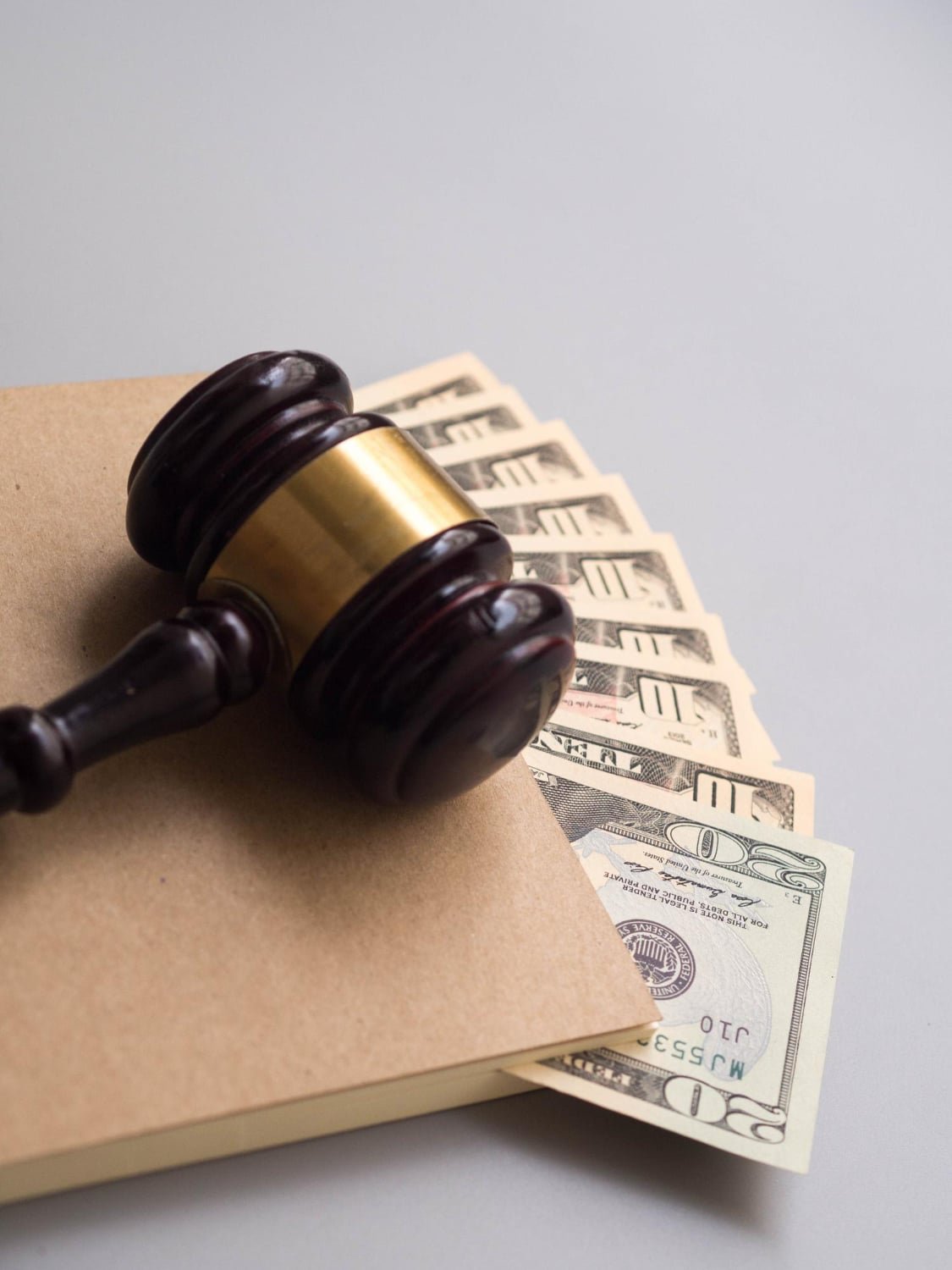Fraud against the government costs taxpayers billions every year. The False Claims Act (FCA) is the nation’s most powerful tool for fighting this fraud, allowing both the Department of Justice and private whistleblowers to hold wrongdoers accountable.
What Is the False Claims Act?
The FCA, originally enacted in 1863 during the Civil War, was designed to combat fraud by suppliers selling defective goods to the Union Army. Today, it applies broadly to anyone who knowingly submits, or causes someone else to submit, a false claim for payment to the federal government.
Violators can face treble (triple) damages and significant civil penalties for each false claim.

When Does Liability Arise?
The FCA covers a range of fraudulent conduct, including:
- Submitting a false or fraudulent claim for payment.
- Making or using a false statement material to a false claim.
- Conspiring with others to commit fraud.
- Improperly avoiding an obligation to pay money owed to the government (a “reverse false claim”).
Crucially, the law requires knowledge of falsity, which can include reckless disregard or deliberate ignorance, not just actual knowledge.
The Role of Whistleblowers: Qui Tam Actions
One of the FCA’s most distinctive features is its qui tam provision. Private individuals called “relators” can file lawsuits on behalf of the United States against companies or individuals who defraud government programs.
- Filing: The relator files the complaint under seal, giving the government time to investigate.
- Government decision: DOJ may “intervene” and take over, or decline, allowing the relator to proceed independently.
- Relator reward: Successful whistleblowers can receive 15–30% of the government’s recovery.
These incentives have made the FCA the most effective whistleblower statute in U.S. history.
Protections Against Retaliation
The FCA also protects employees who report fraud from retaliation. Workers who are fired, demoted, or harassed for blowing the whistle may recover double back pay, reinstatement, and compensation for damages.
Why It Matters
The stakes are high. Every year, the federal government recovers billions of dollars through FCA cases, much of it thanks to whistleblowers who step forward. In industries like healthcare, defense contracting, and finance, these cases protect taxpayer dollars and promote fairness in government spending.
Thinking About Blowing the Whistle?
If you suspect fraud against the government, timing and procedure matter. Qui tam cases are governed by strict rules such as the “first-to-file” bar and the requirement to provide the government with substantial evidence. Missteps can jeopardize a claim.
Our firm has extensive experience guiding whistleblowers through this process, protecting their rights, and maximizing their potential recovery.
Contact us today for a confidential consultation if you’ve witnessed fraud against the government. Together, we can ensure taxpayer dollars are protected and justice is served.
